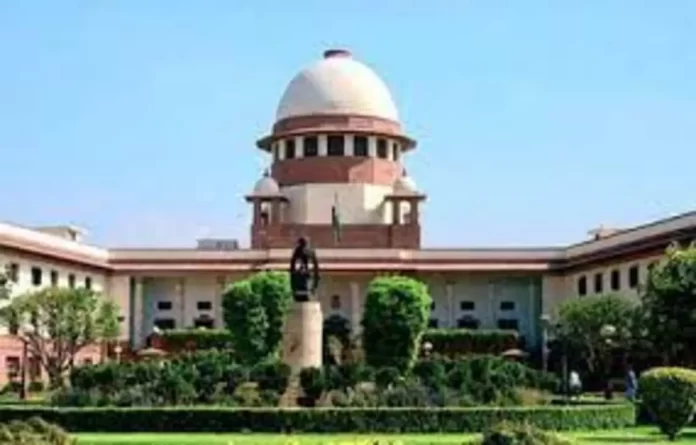The Supreme Court ordered that no coercive action be taken against SEBI, National Securities Depository Limited (NSDL) and the National Stock Exchange of India Limited (NSE) in the Karvy Stock Broking case. The Court was hearing appeals filed against Securities Appellate Tribunals (SAT) quashing of SEBI orders in the aforesaid case.
A three-Judge Bench comprising Chief Justice DY Chandrachud, Justice JB Pardiwala and Justice Manoj Misra also directed that status quo should be maintained with respect to shares of Axis Bank till the next date of hearing on January 25, 2024.
The present appeals challenges SAT orders of December last year, where the Tribunal quashed orders issued by SEBI against lenders namely, Axis Bank, ICICI Bank, HDFC Bank, Indusland Bank and Bajaj Finance, prohibiting them from revoking the shares pledged by Karvy Stock Broking.
On the lender institution moving the Securities Appellate Tribunals (SAT) for invocation of pledge, the tribunal had contended in their favour, allowing them to invoke the shares pledged by Karvy. Furthermore, SEBI, NSDL and NSE were directed by the Tribunal to restore the pledge in favour of the lender institutions within four weeks or in the alternative, to compensate them with the value of the underlying securities pledged alongwith interest.
The SAT further observed that once a valid pledge is created in favour of a third party, then a third party is created in the attached property, and the same cannot be sold or distributed to discharge the liabilities of the broker.
The SAT in its order stated in its order that if SEBI/NSE/NSDL were of the opinion that pledge was wrongly created by Karvy. It added that the appropriate remedy was to file an application before the NCLT for rectification of its register. It mentioned that the process was not done and like a highway robber NSDL, through illegal directions from SEBI, transferred the pledged shares to the clients of Karvy.
Disappointed by SAT’s order, SEBI and other moved the Supreme Court. Reports stated that the dues payable to the lenders is more than Rs 1400 crores.


